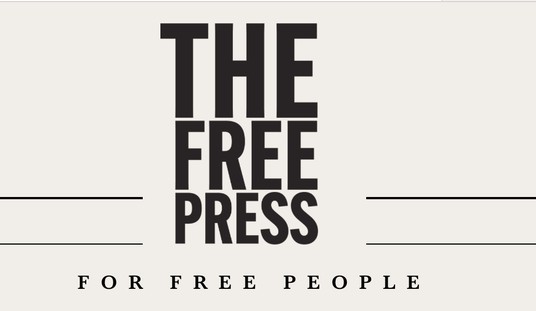For decades, Wisconsin has served as a bastion of Upper Midwestern populism, which has mainly served the Democratic Party. At the moment, its entire slate of constitutional offices and its legislative leadership are all held by Democrats. The Milwaukee Journal-Sentinel sees change in the air, though, and reports that the state’s GOP has a shot at capturing every post in the upcoming midterms (via Lakeshore Laments):
If this is a year of opportunity for victory-starved Republicans, no state in the country offers more bounty than Wisconsin, where an entire Democratic power structure is in peril this fall.
Wisconsin is one of two states in the United States where Republicans have a plausible chance to take away from Democrats a governorship, both chambers of the Legislature, a U.S. Senate seat and one or more House seats. (Colorado is the other).
“There’s nothing that’s not on the table,” says state GOP chair Reince Priebus. “My expectation is this is going to be the biggest Republican year in the history of Wisconsin.”
The opportunity is easily grasped from Gallup’s study of party affiliation in the state. Two years ago, Democrats held a whopping 18-point lead in party identification among the general population, while nationally that split was 12 points. Barack Obama won by only seven, which shows that Gallup significantly overestimated Democratic strength in its sampling by almost half. Earlier this year, however, that split had drawn down to a mere six points in Wisconsin and four nationally, and given the moribund state of the economy now, it’s probably even lower rolling into the fall campaigns.
Why is this important in Wisconsin? The state provided plenty of fireworks in 2004 as an oh-so-narrow win for John Kerry, and the upcoming redistricting may make the Congressional representation look much different in the next decade. Plus, the legislature wants to work on the voter fraud that has become a recurring theme in Wisconsin’s elections:
First, the party that controls the governor’s office and the Legislature controls the once-in-a-decade redistricting process and can draw legislative and congressional districts in a way that helps perpetuate its own majorities.
Second, governors can be helpful to their party’s presidential candidates in swing states such as Wisconsin (though this effect is often overstated). And third, whoever controls state government in Wisconsin will set the rules on voting and ballot access, a hugely contentious issue that can have an effect on the sort of ultra-close contests that Wisconsin had for president in 2000 and 2004, both decided by less than half a percentage point.
Losing Wisconsin as a Democratic-dominated state would also have tremendous psychological impact nationwide. After the 2008 election, pundits crowed that the GOP had become a regional rather than national party, mainly limited to the South, with enclaves in the interior West and lower Midwest. Taking Wisconsin would put that meme six feet underground — and it may not just be Wisconsin where Republicans take control, either.
A lot would have to break in favor of the GOP in Wisconsin for this to happen, of course. Russ Feingold would have to lose his Senate seat, and Republicans would have to organize well enough in legislative elections while focus remains mainly on the US Senate and gubernatorial races. Republicans on the ground have been feeling more optimistic about their chances for a while now, though, and if the Journal-Sentinel sees these trends developing, they may well have good reason for cheer in November.
Update: Steve Eggleston reminds me that Wisconsin’s Attorney General is a Republican — which I should know, since I’ve interviewed J.B. Van Hollen before.







Join the conversation as a VIP Member